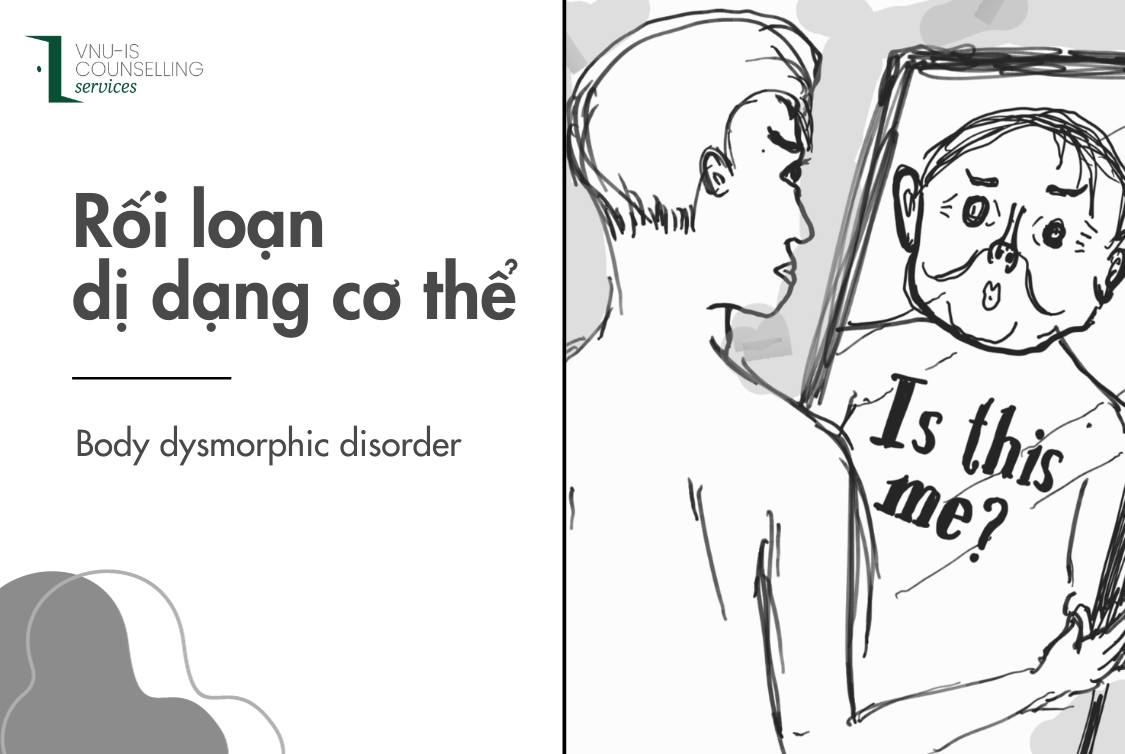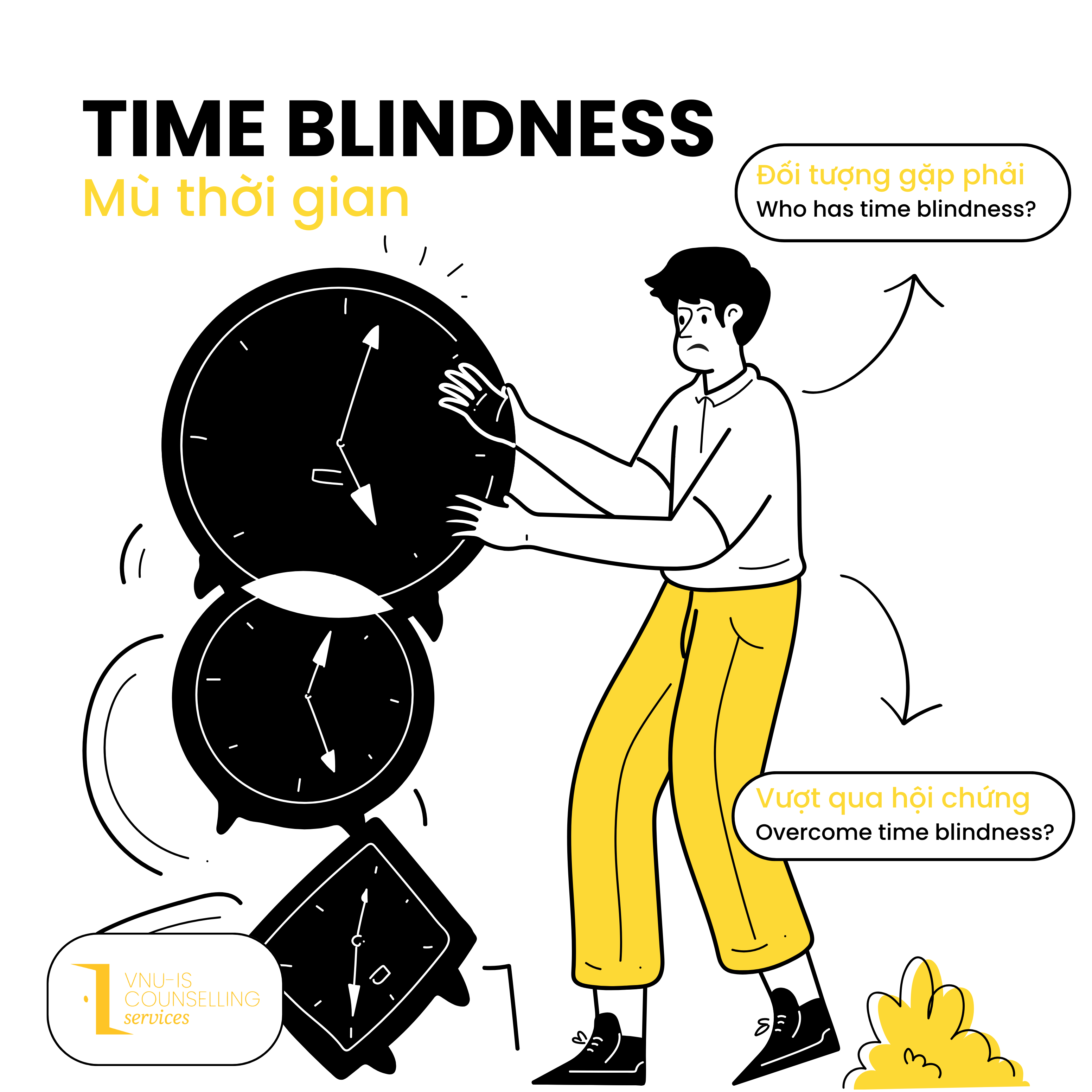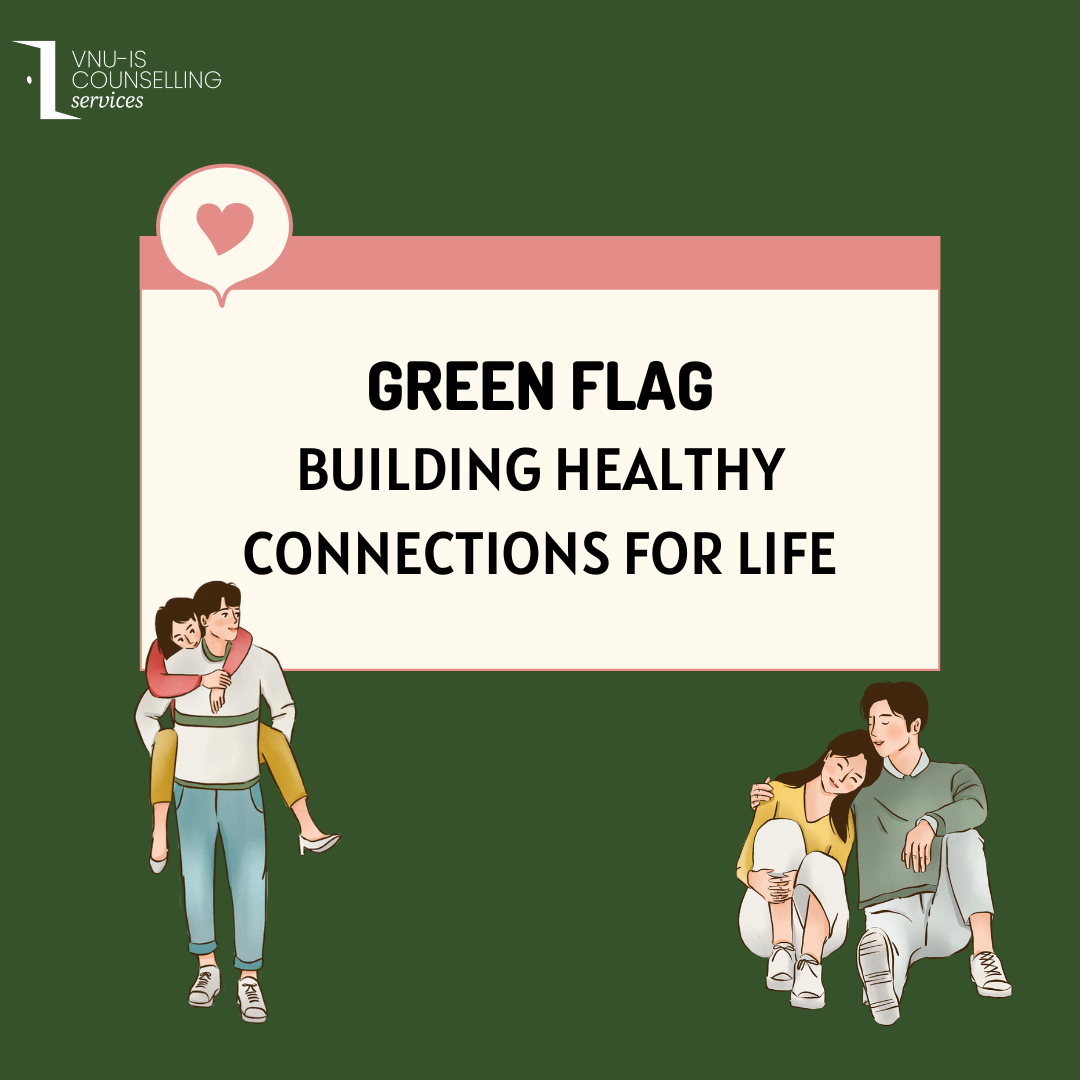
Body dysmorphic disorder (BDD) is a mental health condition in which you can't stop thinking about one or more perceived defects or flaws in your appearance - a flaw that appears minor or can't be seen by others. But you may feel so embarrassed, ashamed and anxious that you may avoid many social situations.
Signs and symptoms of BDD include:
- Being extremely preoccupied with a perceived flaw in appearance that to others can't be seen or appears minor
- Strong belief that you have a defect in your appearance that makes you ugly or deformed
- Belief that others take special notice of your appearance in a negative way or mock you
- Engaging in behaviors aimed at fixing or hiding the perceived flaw that are difficult to resist or control, such as frequently checking the mirror, grooming or skin picking
- Attempting to hide perceived flaws with styling, makeup or clothes
- Constantly comparing your appearance with others
- Frequently seeking reassurance about your appearance from others
- Having perfectionist tendencies
- Seeking cosmetic procedures with little satisfaction
- Avoiding social situations
Preoccupation with your appearance and excessive thoughts and repetitive behaviors can be unwanted, difficult to control and so time-consuming that they can cause major distress or problems in your social life, work, school or other areas of functioning. Insight about body dysmorphic disorder varies. You may recognize that your beliefs about your perceived flaws may be excessive or not be true, or think that they probably are true, or be absolutely convinced that they're true. The more convinced you are of your beliefs, the more distress and disruption you may experience in your life.
Top















